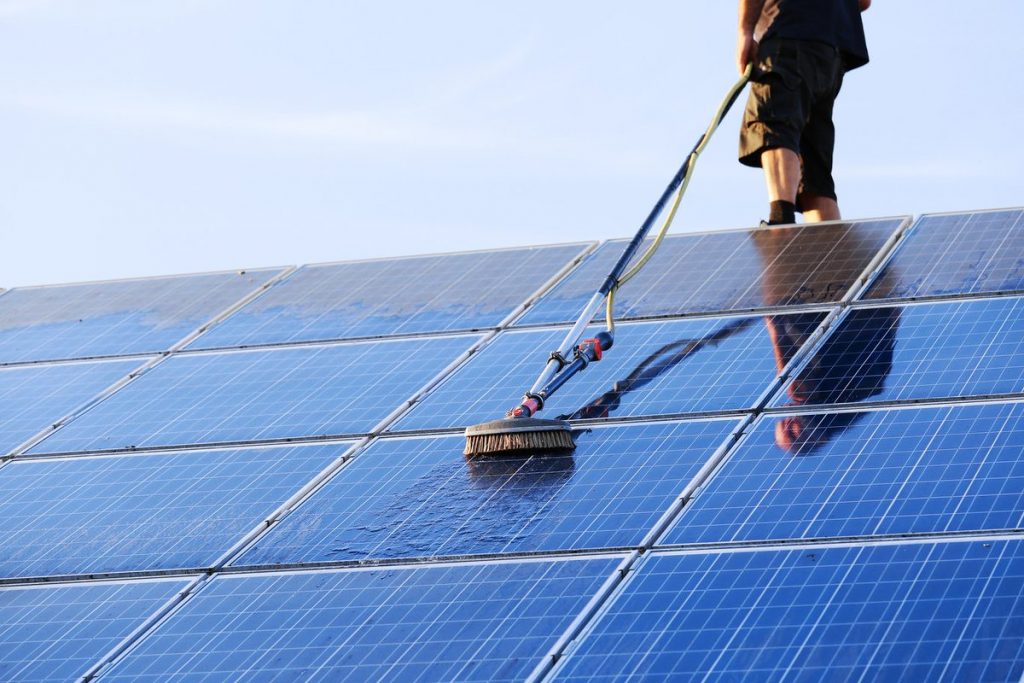Long before the 1st Earth Day celebration (1970), Edmund Becquerel discovered solar energy in 1839. This is through his invention of the photovoltaic cell which produced electricity from the radiant energy of the sun. In 1860, another French scientist named Augustine Mouchot began patenting solar power. Such a move inspired a lot of scientists around the world. In 1888, Charles Fritts installed the first solar panel on his roof in New York City. Fast forward, solar technology has greatly and quickly evolved. As such, most people only understand it as harnessing the power of the sun. Many questions come into their minds to understand the wonders of solar power. Below are the 3 most frequently asked questions about solar repair and maintenance.
What are the benefits of installing a solar energy system?
The main benefit of a solar energy system is the reduction of electricity costs in your household. Solar energy is free and renewable. After installing solar panels to power your home, you no longer need to pay electricity per unit of usage. They also have a little maintenance cost. All you need to do is clean and inspect the panels at least twice a year.
Solar panels also serve as added protection to your roof. They absorb the sun’s harmful rays and convert them into electricity to power your home. This means that your roof shingle will be free from these harmful rays. It reduced the effects of bleaching and dryness caused by the sun. As solar panels shade your roof, air flows between the panel and the roof. This provides a cooling effect that makes your roof last longer.
Solar panels also increase your home value. It is a selling point for most home buyers. The convenience of having a sustainable energy source in your household makes it more appealing to live with. It is because they reduce the high costs of electricity and have a lower maintenance cost.
What are the disadvantages of a solar energy system?
One downside of solar energy is the initial investment you will need to spend on solar panel installation. For a household that measures around 2,000 square feet, the average cost for installing solar panels ranges from $15,000 to $40,000. The cost is determined by the amount of electricity your household will need per day. Yet, there are numerous financing options you can avail of to avoid upright payment of such a hefty amount.
In some cases, the aesthetics of solar panels does not appeal to some individuals. They find the design out of this world and does not match the curb and exterior of the house. However, the latest solar panels offer designs that can accentuate the exterior of your home.
If you have a poor roof design with too many corners and vents, you may not be able to maximise the space for your solar panel. Your house location may also not allow enough sunlight to enter the solar panels. Or the weather in your area is constantly cloudy, rainy, or snowy. All of these cases can result in poor efficiency in your solar energy system.
Will my solar energy system work during a power blackout and outage?
Most solar energy systems work with a grid-tied system. This means that the household has the option to access electricity both from the grid and the solar panel. For safety reasons, a solar energy system is designed to shut off once there is a power blackout or outage. This is to protect the safety of the repair crew. So, even if you have a solar energy system at home, you will still have no power if there is a grid blackout or outage. One exception is if your solar energy system is designed off-grid, which means that your household is only connected to your solar panel and not on the grid. Another exception is if your solar energy system at home has a battery backup. The power of the battery will sustain your electricity while there is a blackout or outage.


